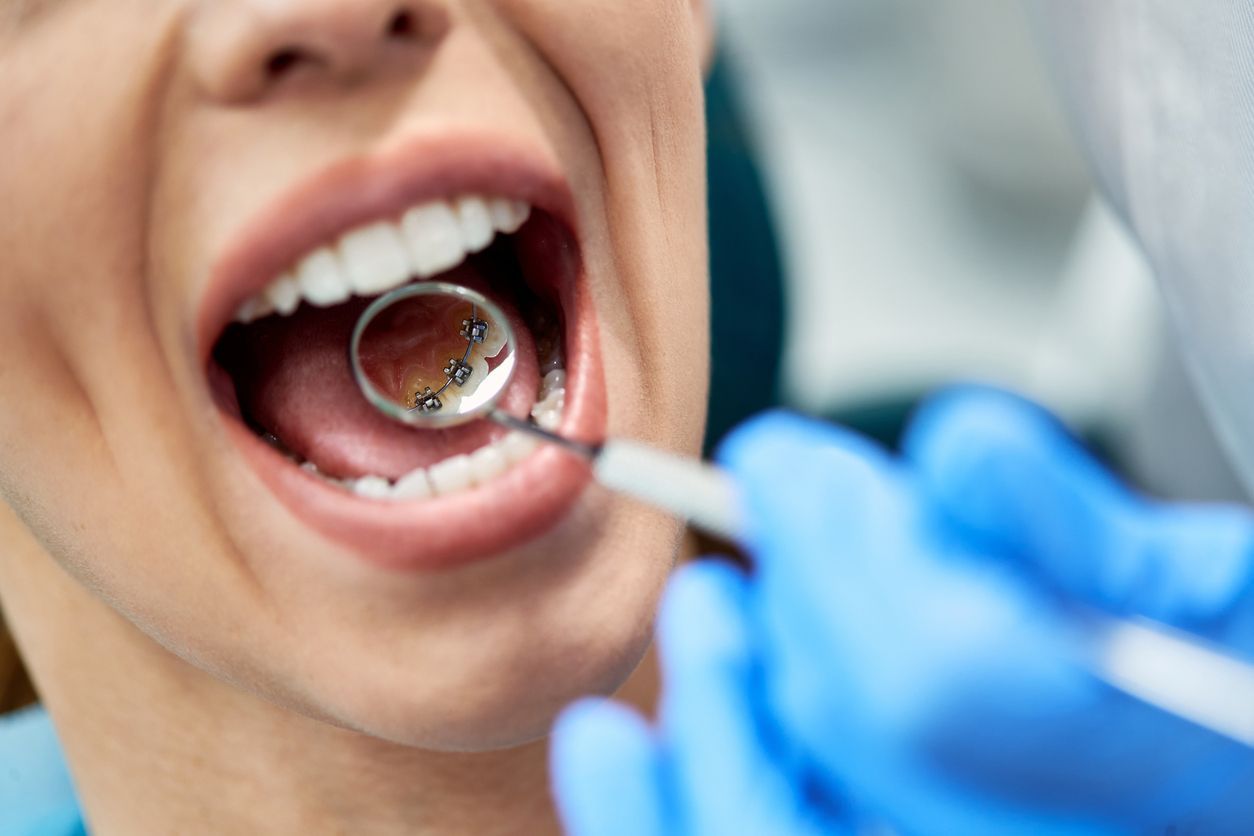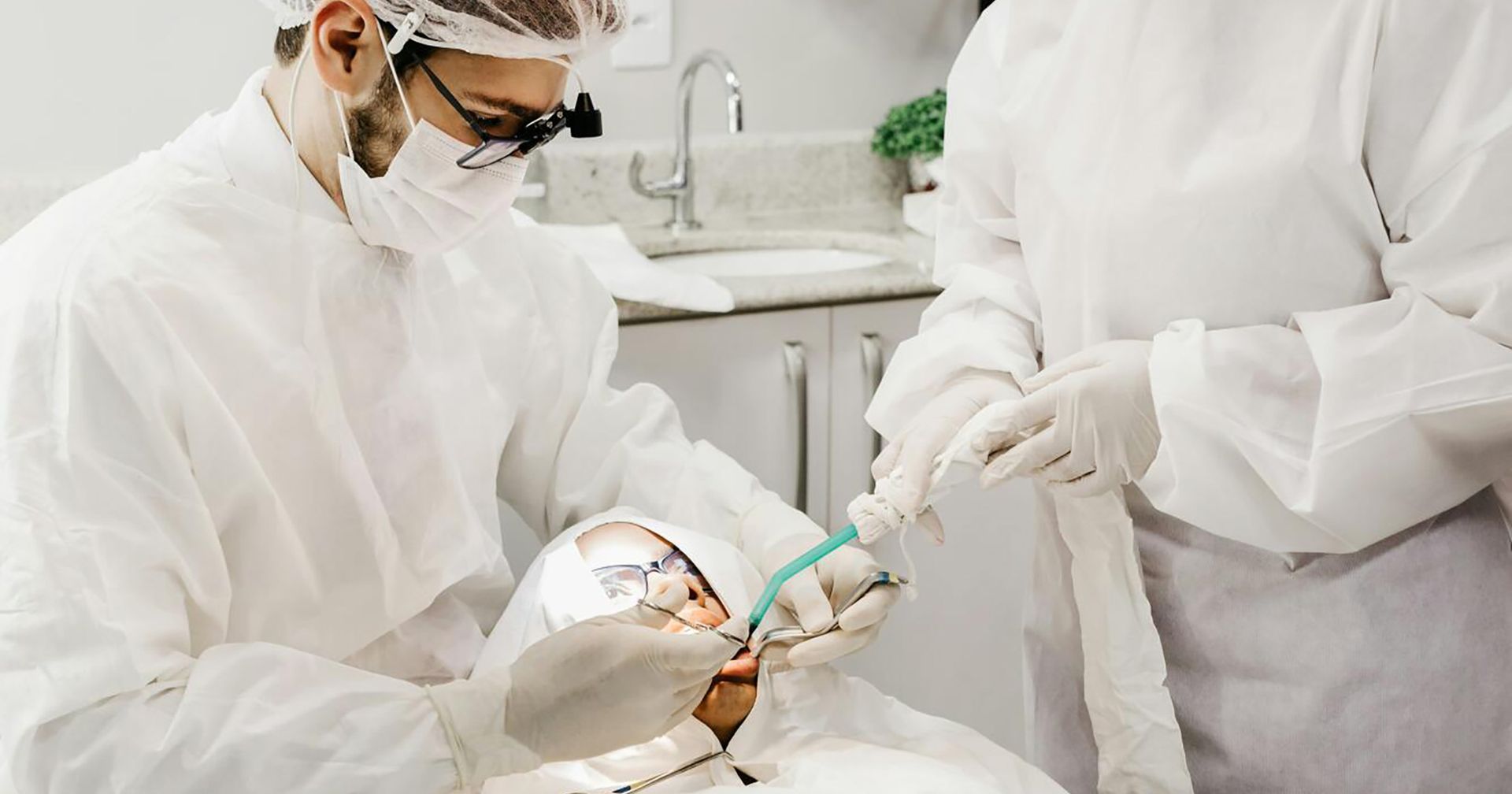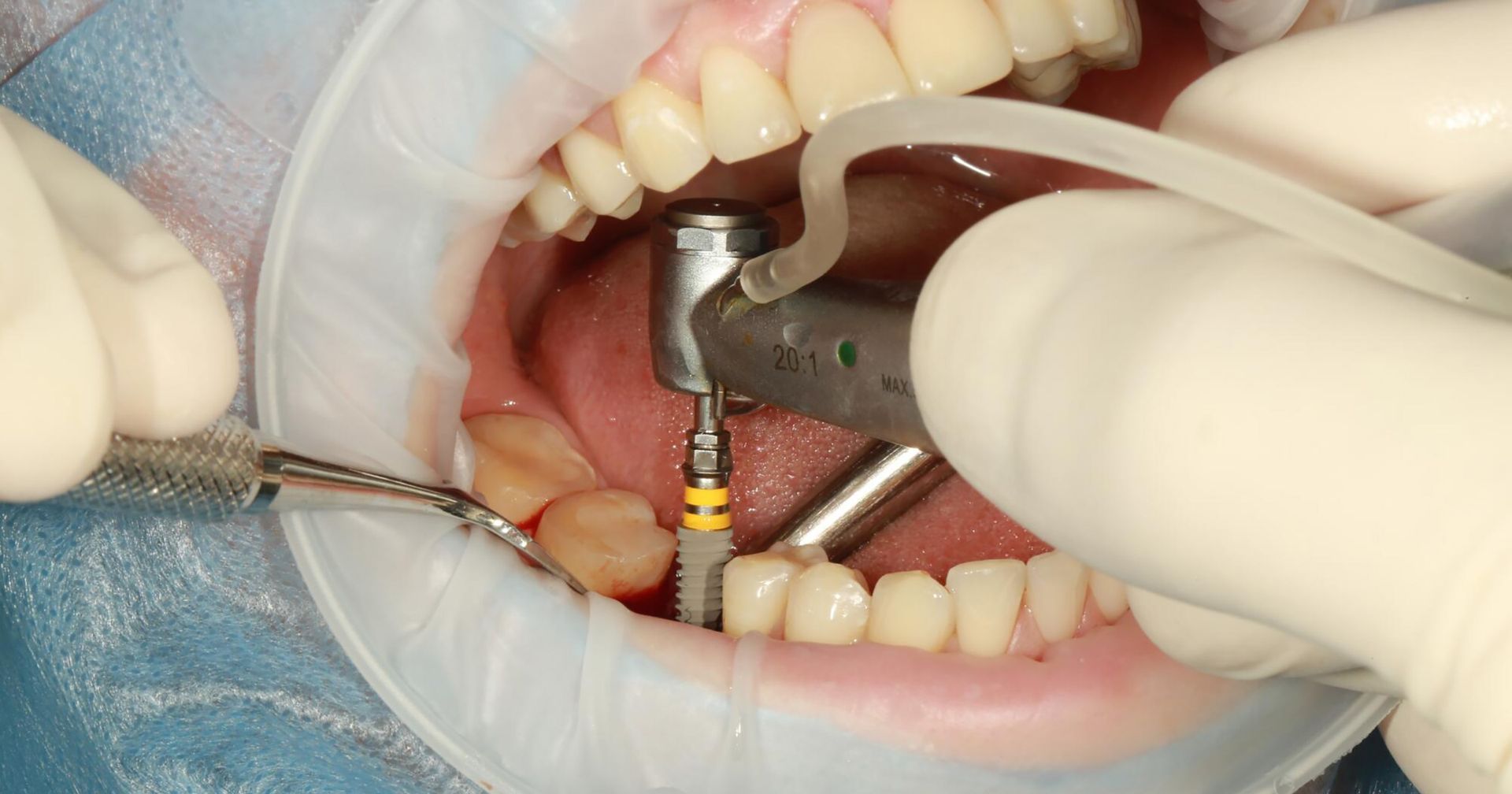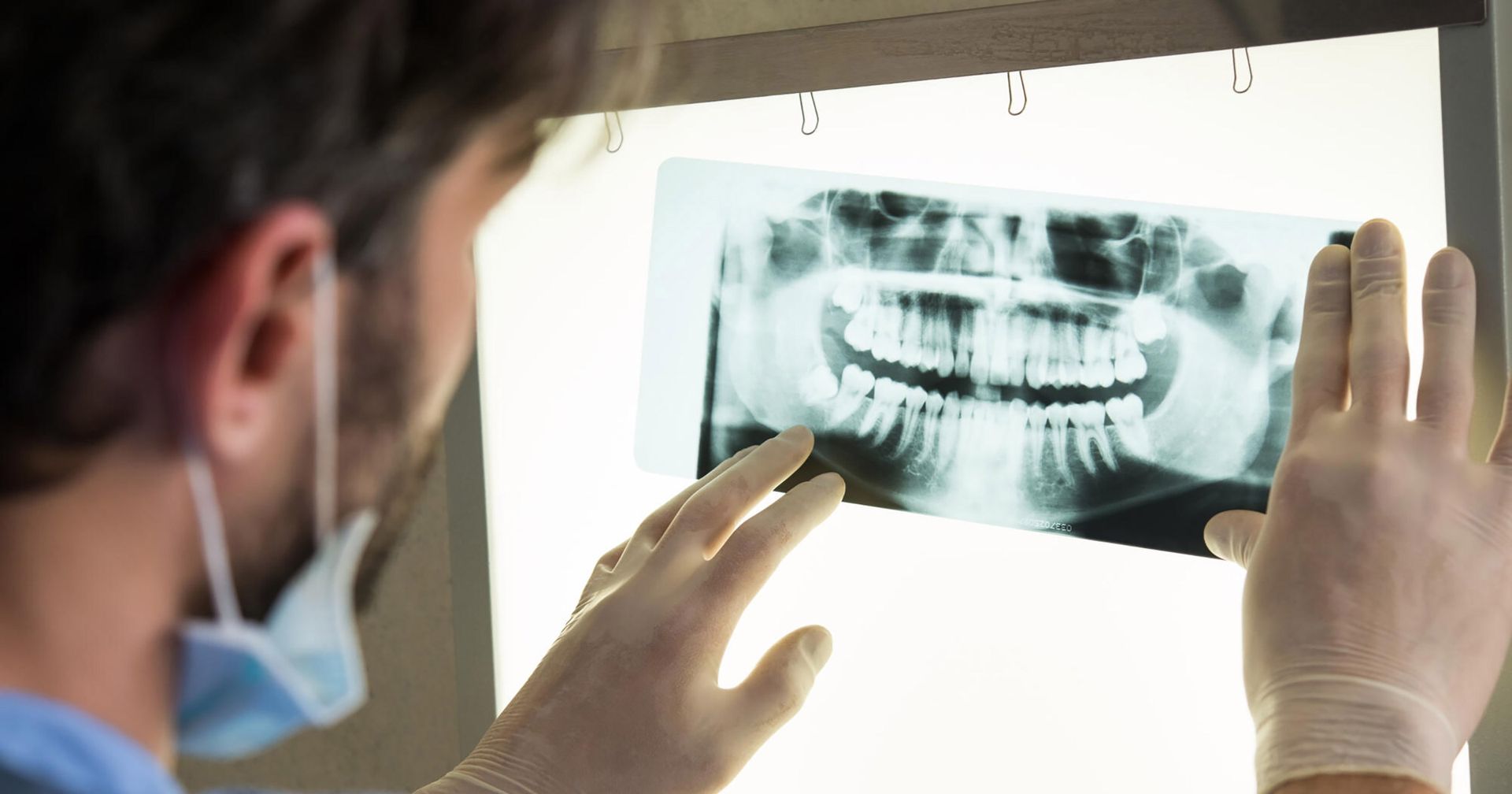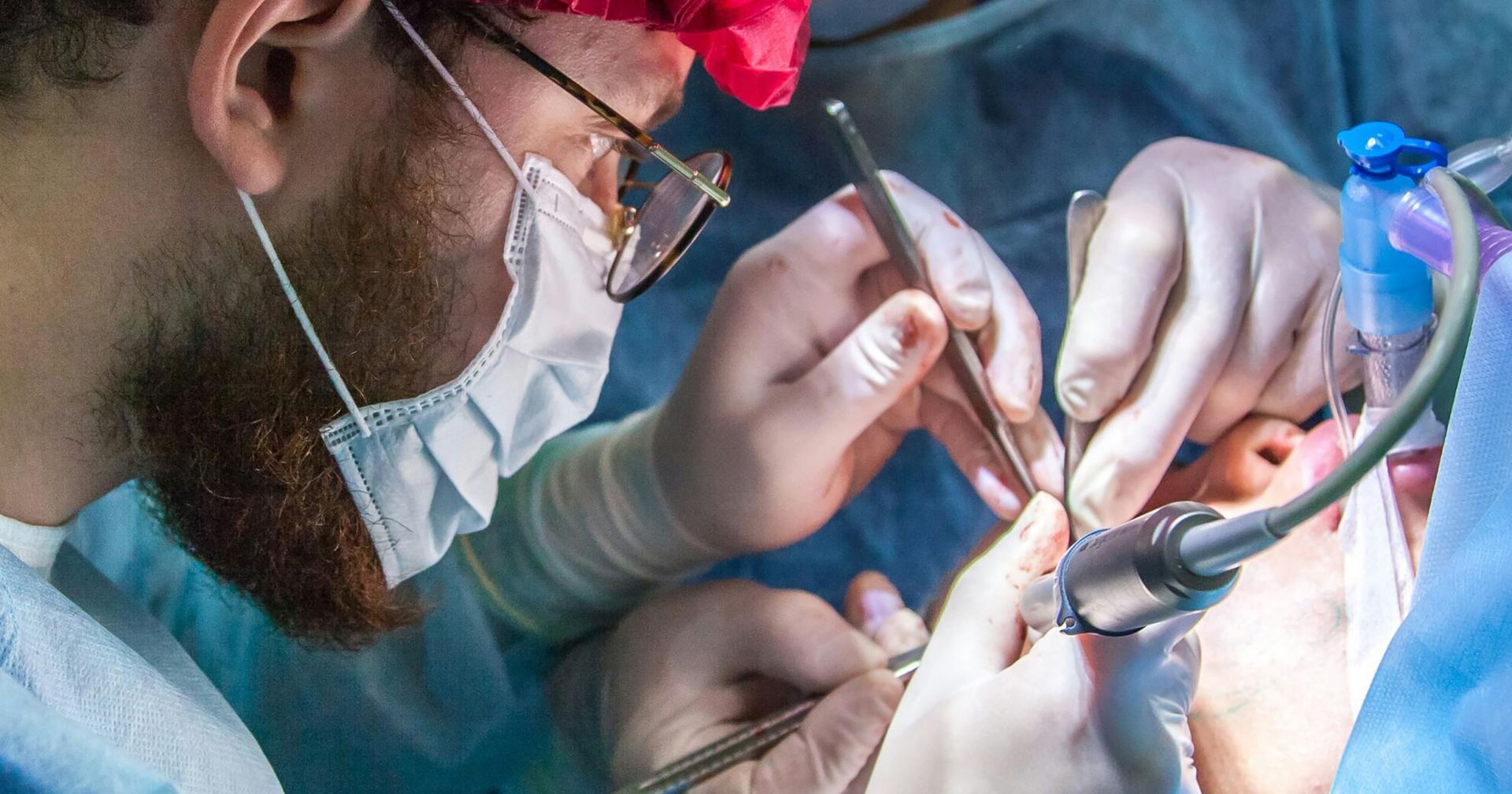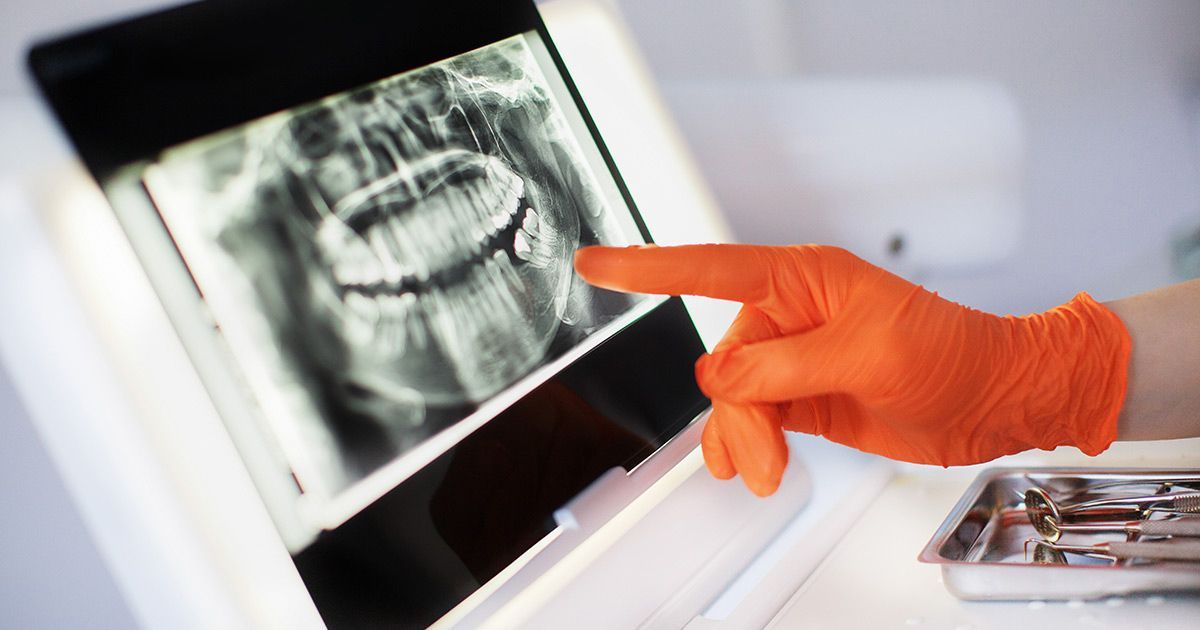8 Warning Signs It's Time to Visit Your South Philadelphia Dental Office
Addressing dental problems early is essential. Consider these 8 warning signs it's time to visit your South Philadelphia dental office.
About 13.2% of children and 25.9% of adults have untreated dental caries. Meanwhile, only 86% of children and 65% of adults visited a dentist in the past year. Certain issues with your oral health could indicate you need to schedule a visit sooner.
Here are eight signs you need to visit your South Philadelphia dental office right away. It's important not to avoid seeing the dentist.
Otherwise, minor symptoms could develop into serious problems. You could develop gum disease, loose teeth, or worse. In fact, issues with your teeth and gums could have a negative impact on your overall health.
Don't let it come to that. Instead, keep reading to discover the top reasons to see a dentist right away.
After reading this guide, you can make a more informed decision with your oral health in mind.
1. Headaches
There are many reasons you might experience headaches. Not many people realize headaches could point to an oral health problem, though.
It's possible you've developed bruxism, which can cause you to clench or grind your teeth. You could develop headaches or neck pain as a result.
Your dentist can evaluate your oral health to determine if you have bruxism. Other symptoms include:
- Sleep disruption
- Teeth grinding or clenching
- Worn tooth enamel (which can expose layers of a tooth)
- Teeth that appear chipped, loose, flattened, or fractured
- Increased tooth sensitivity or pain
- Tight or tired jaw muscles
- A locked jaw that won't open or close completely
- Pain that feels like an earache
- Damage from chewing the inside of your cheek
- A dull headache that starts in the temples
- Face, neck, or jaw soreness or pain
If these symptoms sound familiar, visit your South Philadelphia dental office right away. They can look for other disorders that can cause similar pain. For example, you might have a temporomandibular joint (TMJ) disorder.
Your dentist might suggest splints or mouth guards to minimize damage caused by grinding or clenching. In severe cases, however, they might recommend dental correction. They might need to reshape the chewing surfaces of your teeth.
They might also recommend stress relief tactics or exercises to ease your symptoms.
2. Dry Mouth
Does your mouth feel dry regardless of how much water you drink throughout the day? A number of health issues can cause dry mouth. Any antibiotics you're taking might cause this symptom, too.
Though dry mouth might not seem like a serious issue, it could lead to other oral health problems down the road. For example, your risk of gum disease could increase.
Dry mouth is also a symptom of diabetes, anemia, hypertension, and rheumatoid arthritis. It could indicate you've sustained nerve damage after an injury or surgery, too.
Saliva is essential to your oral health. For starters, it helps you digest food. It's also a natural mouth cleanser.
Without saliva, your risk of tooth decay could increase. Make sure you're brushing and flossing twice a day.
Choose a toothpaste that contains fluoride, too.
Tooth decay and gum disease are both major reasons to see the dentist. If you've developed dry mouth, consider consulting your dentist.
3. Tooth Pain
Sometimes, toothaches don't fade on their own. What seems like a minor annoyance could indicate a serious problem. The pain might only get worse if you delay treatment, too.
Instead, consider visiting your South Philadelphia dental office. Your dentist can evaluate your oral health to determine if tooth pain is a symptom. For example, tooth pain could indicate an infection in a tooth's root.
You'll need to visit your dentist for treatment.
They might prescribe an antibiotic to treat the infection, which can ease the pain. Otherwise, you'll need full treatment to keep the infected roof from dying.
4. Swollen Gums
If your gums are swollen, sore, or inflamed, it's important to visit a dentist right away. It's likely you have gum disease, which can cause:
- Gums that bleed when you brush or floss
- A change in how your teeth fit together when you bite
- Gums that have pulled away from the teeth
- Loose teeth
- Sensitivity
- Pain when chewing
- Pus between your teeth and gums
- Foul-smelling breath that doesn't fade after you brush
- Partial dentures that no longer fit
Seeing the dentist when you have gum disease can keep it from developing. Otherwise, gum disease can progress into periodontitis.
Complications of periodontitis can include:
- Receding gums that expose the roots of your teeth
- Migration of your teeth (which can impact your bite)
- Painful abscesses
- Increase risk of diabetes, respiratory disease, and heart disease
If these symptoms sound familiar, visit your dentist as soon as possible. Your dentist can treat gingivitis before it develops into periodontitis. You'll need professional deep cleaning as well as scaling treatment.
5. Trauma
If you sustained an injury to the mouth or teeth, consider it a dental emergency. Otherwise, trauma to a tooth can damage a root.
Your dentist can monitor the injured area to determine the best course of action moving forward.
6. White Spots
If you have white spots on your teeth, it could indicate decay. White spots on your gums, however, are signs of an infection.
You can also develop tiny ulcers in the mouth. Canker sores can affect your cheeks, lips, gums, and tongue. Don't wait to schedule an appointment.
7. Sensitivity
Some patients experience sensitivity to hot or cold foods and beverages. In some cases, sensitivity could indicate an underlying problem.
Seeing the dentist can help you determine the root cause of your tooth sensitivity.
8. Time
When was the last time you visited the dentist? If it was over six months ago, consider these reasons to see the dentist. Avoiding regular checkups could leave these problems undetected.
Your South Philadelphia can catch these problems before they develop into bigger problems.
Healthy Smiles: 8 Signs to Visit Your South Philadelphia Dental Office ASAP
Don't wait to call for help. If these reasons to see the dentist sound familiar, schedule an appointment. Knowing when to visit your South Philadelphia dental office could benefit your oral health in the long run.
Otherwise, you could develop a condition that will only get worse without treatment.
Worried about the state of your teeth? We can help.
Contact us today to request an appointment.

